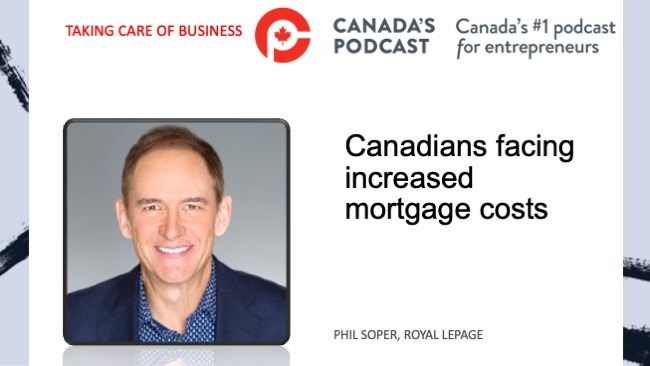Household sector net worth—the value of all assets minus all liabilities—rose $256.4 billion or 1.6% to reach $15,970.1 billion in the second quarter, according to Statistics Canada.
The federal agency said the value of real estate continued its recovery from the sharp declines that began in the second quarter of 2022, while foreign equity markets outpaced domestic markets, as an 8.3% rise in the Standard and Poor’s (S&P) 500 Index dwarfed a 0.3% uptick in the S&P/TSX Composite Index in the second quarter of 2023. The value of households’ total financial assets grew 1.3% (+$121.2 billion) in the second quarter, while the value of total non-financial assets rose 1.9% (+$171.7 billion). On the other side of the ledger, financial liabilities, composed primarily of mortgage and non-mortgage debt, increased $36.6 billion from the first quarter, added StatsCan in a recent report.

Ketut Subiyanto
“While the household saving rate reached 5.1% on a seasonally adjusted basis in the second quarter, household holdings of Canadian currency and deposits (unadjusted) grew at the slowest pace (+0.7%) since the first quarter of 2021. Despite this sluggish growth, the value of fixed term deposits at chartered banks continued to grow, rising 3.6% in the second quarter of 2023 while other deposits fell 1.2%. At the same time, households recorded net redemptions in mutual funds of $6.6 billion in the quarter despite the continued inflows into money market funds, which benefit from higher interest rates. Over the last five quarters, households have recorded net redemptions of mutual fund investments totalling $35.1 billion,” it said.
“During the second quarter, the pace of seasonally adjusted household credit market borrowing continued to decelerate as households demanded $17.1 billion in funds, down from $20.4 billion in the previous quarter. This was the second-lowest level of quarterly household borrowing since 2003, trailing only the second quarter of 2020, and extending a trend of muted borrowing over the last three quarters. The slower borrowing was largely a result of a decline in demand for mortgage loans, which fell to the lowest point since 2005,” said the report.
“The seasonally adjusted stock of household credit market debt (consumer credit, and mortgage and non-mortgage loans) grew 0.6% from the first quarter of 2023 to reach $2,861.1 billion in the second quarter, with mortgage debt ($2,126.2 billion) accounting for almost three-quarters of the total outstanding debt.”
“However, these improvements, mask the pain felt by some Canadian households. The recent rise in debt servicing costs at a time of a still rampant inflation will limit wealth’s contribution to spending. In addition, higher borrowing costs have already resulted in credit deterioration. According to Equifax Canada’s Q2 2023 consumer credit report, delinquency rates have either reached, or are near, pre-pandemic levels for most consumer credit products. The Bank of Canada will need to maintain a close watch on household credit performance as higher interest rates continue to weigh on Canadian households this year.”
Shelly Kaushik, Economist with BMO Economics, said elevated interest rates should continue to weigh on mortgage demand in the coming quarters.
“A tight labour market powered a jump in household disposable incomes, which led to an improvement in household debt ratios in Q2. Looking ahead, however, a cooler job market will likely slow income growth in the coming quarters. And, high interest rates will keep service costs rising. Elevated household debt remains a notable headwind to consumer spending, especially as mortgages come to renewal, leading to an expected slowdown in broader economic activity through the rest of the year,” she said.

Mario Toneguzzi
Mario Toneguzzi is Managing Editor of Canada’s Podcast. He has more than 40 years of experience as a daily newspaper writer, columnist, and editor. He was named in 2021 as one of the Top 10 Business Journalists in the World by PR News – the only Canadian to make the list)
About Us
Canada’s Podcast is the number one podcast in Canada for entrepreneurs and business owners. Established in 2016, the podcast network has interviewed over 600 Canadian entrepreneurs from coast-to-coast.
With hosts in each province, entrepreneurs have a local and national format to tell their stories, talk about their journey and provide inspiration for anyone starting their entrepreneurial journey and well- established founders.
The commitment to a grass roots approach has built a loyal audience on all our social channels and YouTube – 500,000+ lifetime YouTube views, 200,000 + audio downloads, 35,000 + average monthly social impressions, 10,000 + engaged social followers and 35,000 newsletter subscribers. Canada’s Podcast is proud to provide a local, national and international presence for Canadian entrepreneurs to build their brand and tell their story.





